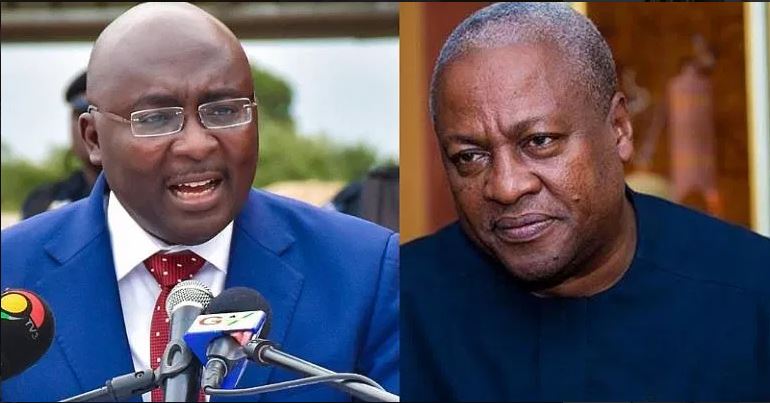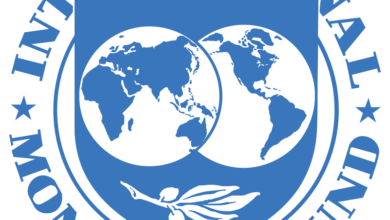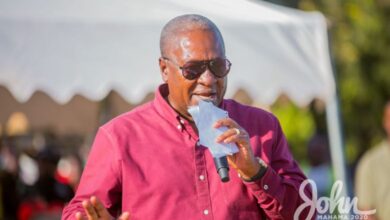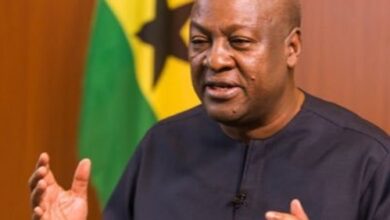As we confront complex and pressing issues in today’s world, Ghana needs leaders who possess a specific set of skills and qualities. A leader capable of navigating these challenges must first have a strong sense of empathy and understanding for the diverse range of individuals and communities affected. They must also demonstrate the ability to think critically and creatively to innovate solutions to these issues. Additionally, exceptional communication skills are essential for effectively conveying their vision and inspiring action.
Furthermore, such leaders must uphold unwavering integrity and ethical conduct. Only through the combination of these traits can a leader truly navigate the complexities of our world today. It is our responsibility as citizens to support and elevate leaders who can help us overcome challenges and create a better future for all.
In today’s globalized society, leadership plays a vital role in shaping the trajectory of nations. Good leadership promotes development, prosperity, and peace, while poor leadership often leads to economic decline, societal unrest, and conflict. Recently, there has been growing concern regarding a global leadership crisis.
Leaders across various nations seem to lack the vision, imagination, and collective purpose necessary to effectively guide their countries. This article will analyze the current global leadership crisis, contrasting different leadership styles worldwide and discussing the need for leaders with vision, imagination, and a sense of collective purpose.
The Need for Leaders with Vision, Imagination, and Collective Purpose:
The current leadership crisis underscores the urgent need for leaders who possess vision, imagination, and a sense of collective purpose. Visionary leaders can steer nations towards prosperity, while imaginative leaders can conceive innovative solutions to pressing global issues. Moreover, leaders with a sense of collective purpose can unify diverse populations, fostering societal cohesion and stability.
Global Leadership Crisis:
The global leadership crisis presents both a critical challenge and an opportunity. By electing leaders who embody vision, imagination, and collective purpose, societies can forge a more prosperous, equitable, and sustainable future. It is time for the global community to reassess the qualities we value in our leaders and demand more from those who hold the reins of power.
Leadership Styles Across the World:
Over the years, a myriad of leadership styles have emerged globally. In authoritarian regimes like North Korea or China, leadership has often been characterized by control, hierarchy, and obedience, maintaining power through suppression of dissent and promotion of uniformity, which limits potential for innovation and growth.
Conversely, democratic nations such as the United States or the United Kingdom typically champion leaders who emphasize freedom, individual rights, and participation. However, the rise of populism in recent years has challenged these norms, with leaders like Donald Trump and Boris Johnson demonstrating more divisive and confrontational styles.
In nations with a history of tribal or communal decision-making, such as many African and Native American communities, leadership tends to be more collective, emphasizing consensus and shared responsibility.
Historical Context:
Throughout history, leadership has profoundly shaped nations. Figures like Mahatma Gandhi, Martin Luther King Jr., and Nelson Mandela exemplify leaders with strong vision, deep purpose, and the ability to inspire collective action. Their transformative leadership styles led to significant societal changes, such as India’s independence, the U.S. civil rights movement, and the end of apartheid in South Africa, respectively.
However, history also provides cautionary tales of leadership gone awry. Dictators like Adolf Hitler, Joseph Stalin, and Pol Pot wielded their power destructively, leading to devastating wars, genocides, and human rights abuses.
The Contemporary Leadership Crisis:
The current global leadership crisis can be attributed to several factors. The rise of populism has seen the election of leaders prioritizing short-term gains over long-term sustainability. Moreover, corruption, nepotism, and lack of accountability in many parts of the world have eroded public trust in leadership.
Technological advancements and globalization have further complicated the leadership landscape. With information becoming increasingly accessible, leaders are expected to be more transparent and accountable. Simultaneously, global issues like climate change, economic inequality, and international conflicts demand leaders who can think beyond national borders and collaborate effectively.
Story by: Alexander Kukah





